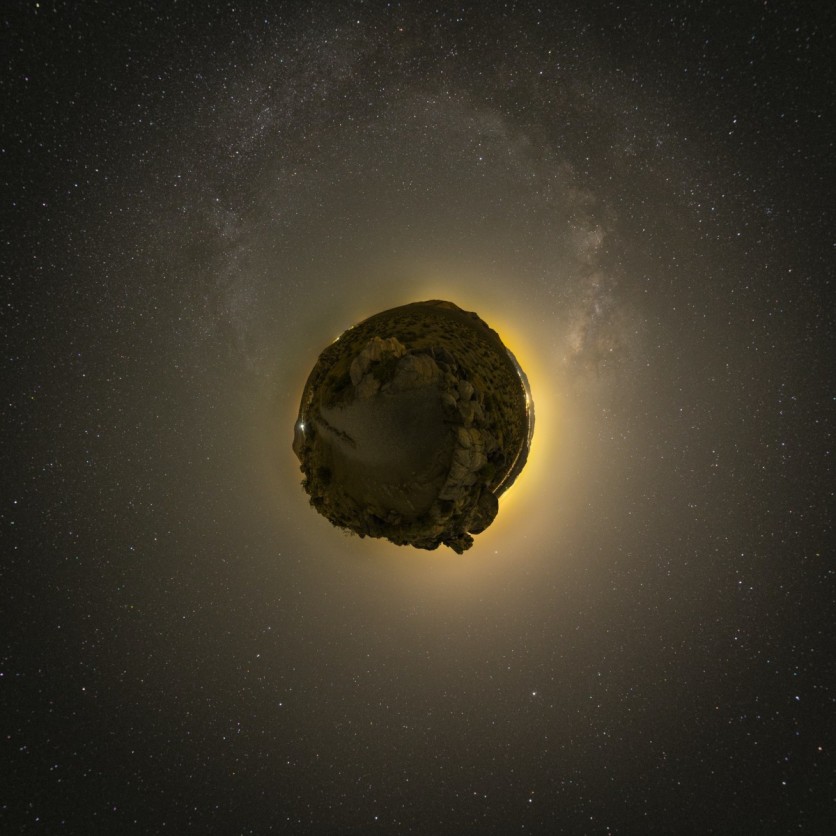Asteroid 2019 OK is one of the most unexpected space rocks that are near the Earth's proximity as a potentially hazardous asteroid (PHA) that came into the planet's blind spot and avoided detection. Now, researchers reveal more about why it was undetected before and how the asteroid hid in the blind spots and came close to the planet before detection.
Asteroid 2019 OK: Researchers Reveal Why it Was Undetected Before

According to a report by SciTechDaily, asteroid 2019 OK brought the world a surprise sneak from its blind spot, and it alerted astronomers and researchers who did not expect its arrival that is close to the Earth. It hid in the Earth's blind spot and is relatively massive in size with .04 and .08 miles in diameter, rotating three to five times a minute.
This asteroid is potentially hazardous, and it presents a significant threat to the planet despite its C-class designation, known to be the most common asteroid in space made of clay and silicate rocks.
A research published in the Planetary Science Journal by Luisa Fernanda Zambrano-Marin and her team used the data from past asteroid information. Arecibo Observatory's asteroid data gave input for the past years of asteroid detection that explained the barrelling space rock towards the planet.
Read Also : NASA Psyche Mission's Metal Asteroid Location Has Been Mapped! Here's What MIT Experts Discovered
Earth's Blind Spot: Asteroids May Come in as a Surprise
Despite having blind spots for the planet, this research from Zambrano-Marin and the team may provide insight using its data to give future studies more information and context. The asteroid 2019 OK's arrival to the Earth's blind spot is one of the most notable appearances, but it certainly would not be the last to surprise astronomers with a potential threat.
Asteroids and its Study
There are many ventures toward space rock watching on the planet, and the public also has stakes in this focus with their home-based monitoring. Amateur astronomers or the so-called "asteroid hunters" are beneficial to the planet's defense, as not all of the space objects are seen or accounted for by the different space agencies in the world.
Nevertheless, different telescopes and instruments on the planet or those floating in space like the James Webb Space Telescope also focus on watching and tracking asteroids in the celestial heavens. The work of these apparatuses is vital, especially as space tracking is not an easy feat to do for the device and the team behind it.
In the recent study by researchers from the Arecibo Observatory and the University of Central Florida, there are multiple reasons as to why the asteroid 2019 OK remained in the Earth's blind spot. Its significance in the current industry is beneficial for future detections of unseen asteroids, especially for those that will come soon unexpectedly.
Related Article : Asteroid's Surprise Arrival, Close Flyby Gave Astronomers Massive Data, via Arecibo
This article is owned by TechTimes
Written by Isaiah Richard
ⓒ 2025 TECHTIMES.com All rights reserved. Do not reproduce without permission.




